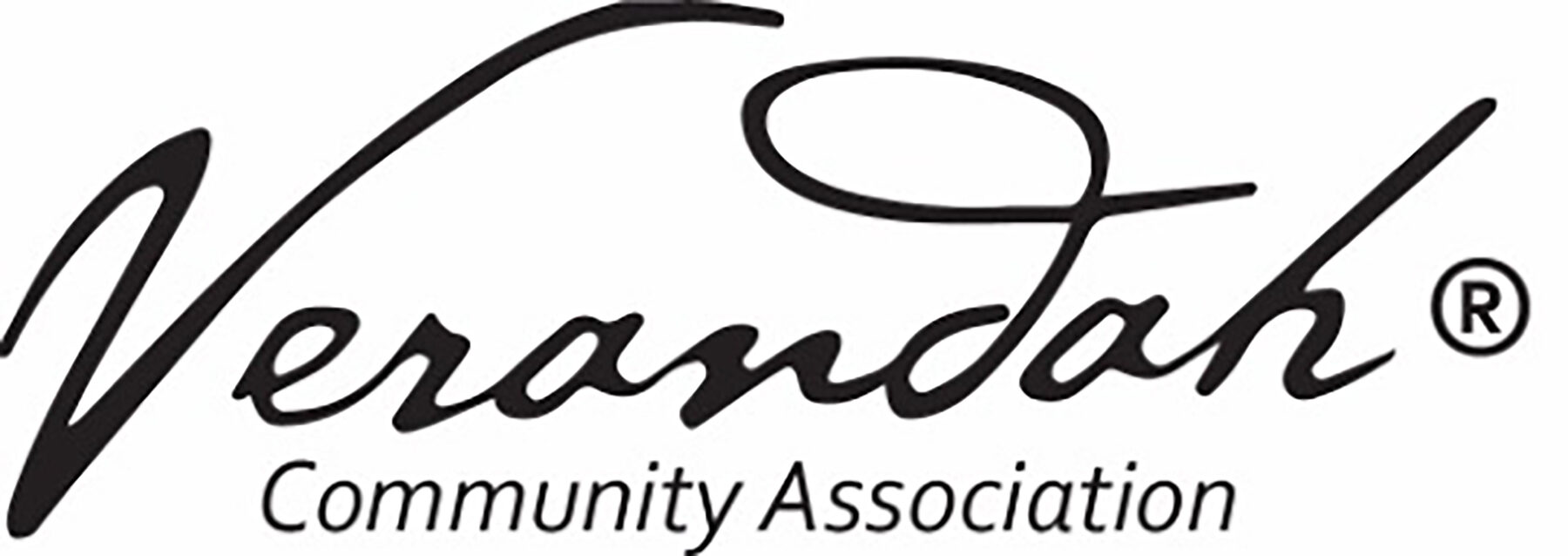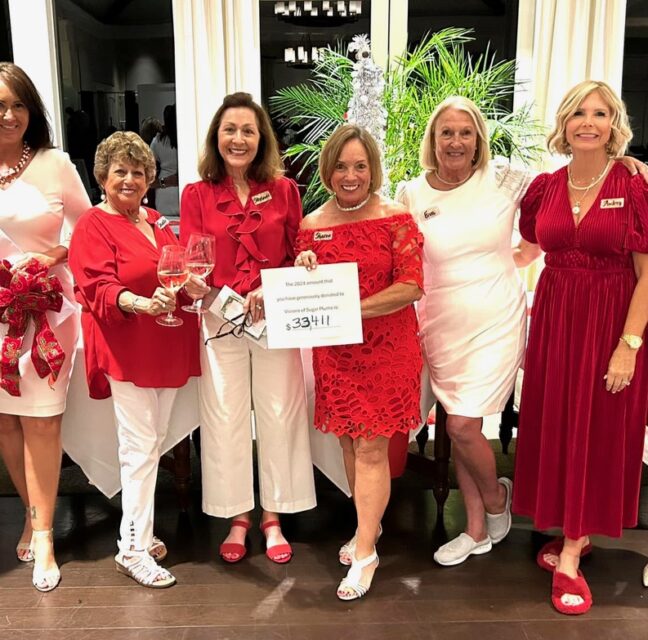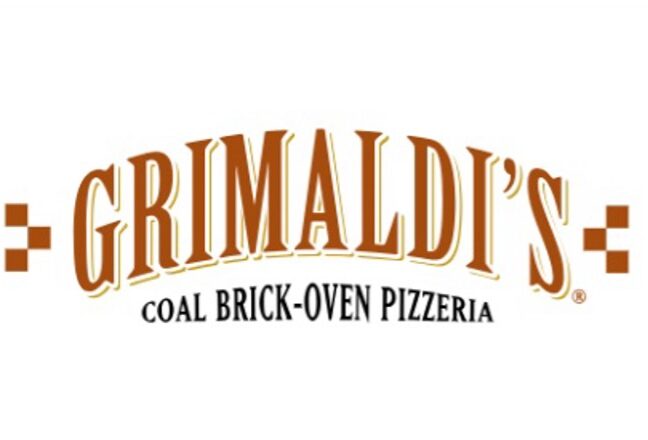
This is the second article in a series about what Developer Settlement is, how it is unfolding in Verandah, and the implications for homeowners. It is a common legal process that occurs when the developer of a community turns over governance to its residents.
When Verandah was first established as a planned development two separate entities were formed. The Verandah Club is a For Profit Corporation with its own governance and finances. It operates and maintains the amenities inside Verandah with its own management and staff. The Association is a Not-for-Profit Corporation with responsibility to govern and maintain the infrastructure (e.g., common areas, roads, gatehouses, etc.) that is owned by the VCA for the benefit of the homeowners.
The Developer had complete control of the Club and the Association from 2003 to October of 2021, when the assets and operation of the Association were turned over to our homeowners. The Verandah Club remains a separate for-profit corporation. Over the past three years, the Association’s Board of Directors has conducted an extensive review of financial records, associated documents, and practices used by the Developer prior to turnover. This work raised many questions and concerns. The Board then engaged in discussions with the Developer. In order to protect homeowners and to comply with Florida’s Statute of Limitations the Association filed a legal claim in Lee County in June of 2024. The filing contains numerous components.
UNDERFUNDING OF ASSOCIATION RESERVES
This article focuses on one particular claim in the Association’s legal action – the underfunding of Association Reserves by the Developer.
The term “Reserves” refers to funds that are collected from homebuyers by the Association. These funds must be set aside to pay for the replacement of major assets when they are worn out. In simplest terms, Reserves are a savings account for the future. Examples of major assets are roads, sidewalks, gatehouses, boardwalks, and bridges.
The amount of funds needed in Reserves is determined by what is known as a “Reserve Study”. This is an analysis prepared by experts that identify major Association assets and calculate how long the assets will last and the cost of replacement. These reports must be updated regularly to reflect the remaining useful life of assets and the cost of replacement.
When Verandah was established, its Declarations, Covenants, Conditions and Restrictions (DCCR) included a specific mechanism for funding Association Reserves, which is referred to as a Capital Contribution. The Capital Contribution is a fee that is paid by every buyer of a new or resale home in Verandah and is designated for payment to Association Reserves. The DCCR also gave the developer the option of contributing additional funds to the Reserves, which it did not do.
The DCCR gives the Association Board of Directors the authority to set the amount of the Capital Contribution, which was set at $2,000 in the beginning. In February 2017, the developer-controlled Board reduced the Capital Contribution from $2,000 to $500. Thus, every new and resale home sale generated $1,500 less for the Reserve Fund.
Inexplicably, the developer made this reduction when two weeks earlier their updated Reserve Study recommended an increase in the Capital Contribution to keep Reserve funding at adequate levels. Homeowners that questioned the impact of this reduction were assured by the developer that Verandah’s Reserves would remain adequately funded.
“In February 2017, the developer-controlled Board reduced the Capital Contribution from $2,000 to $500.
The developer changed the Capital Contribution again in January of 2019 by raising it from $500 to $1,000. It was not until January 2022, when control of the Association was turned over to its members, that the Capital Contribution was restored to $2,000.
As a result of the developer’s reduction in the amount of the Capital Contribution over the period from 2017-2021, the Association’s Reserves were underfunded by over $900,000. The Association seeks to recover these funds as part of its legal action. In the meantime, the Association is acting prudently and has increased Annual Assessments to owners to adequately fund the Reserves going forward.
The legal basis for this claim is that the developer knowingly violated the terms of the DCCR and damaged Association members by underfunding Association Reserves.






